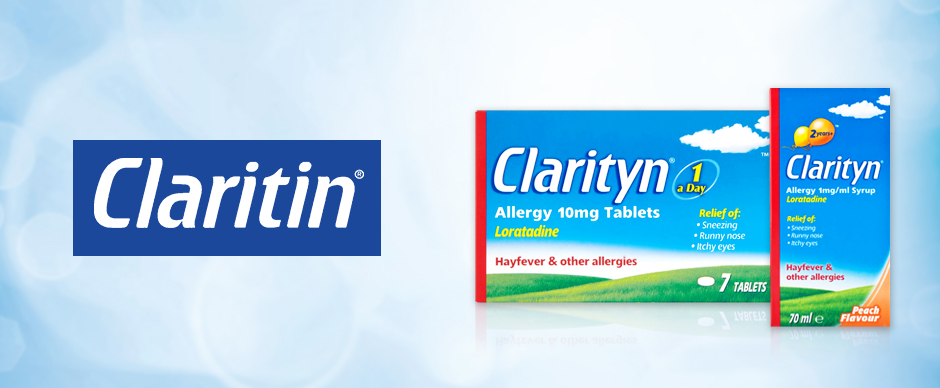
The effects of hayfever
Hayfever is one of the most common allergies and affects around 20% of the UK population every year. Hayfever can affect children and adults throughout the warm spring and summer months, with peak hayfever season occurring around May/June. The severity of symptoms can vary and they affect people in different ways - as some find it’s quite mild and manageable, others may suffer from many symptoms that interfere with their day to day life.
One particular survey looking into the effects of hayfever, found that 25% of hayfever sufferers find that their ability to drive was affected by their symptoms - as you can imagine suffering from sneezing and itchy eyes is bound to have some impact on your vision and concentration behind the wheel. That is why an effective, non-drowsy treatment like Clarityn Allergy is so important.
In the same study, around 40% of people say their hayfever symptoms can interfere with their performance at work and 10% even take time off work because of their allergy. Some symptoms can leave you feeling irritable and distracted, which is likely to affect your concentration and your abilities at work. Because Clarityn is a non-drowsy formula, it has been shown to ease your symptoms while having no effect on your alertness. This is particularly important if your job requires certain skill or can have safety implications.
Children are also at risk of noticing a drop in performance thanks to hayfever symptoms. As we’ve already established that symptoms can be easily distracting, another study showed that children could drop a whole grade in summer tests and exams. Teenagers and young adults at college and university should also consider a good hayfever treatment as the peak hayfever period coincides with exam season.
Everyday tips for managing hayfever:
- Try to avoid large grassy areas on particularly warm days
- Try not to cut your grass yourself
- When you know grass is being cut, keep windows and doors closed
- Try and sleep with windows closed during still and calm summer nights
- Tumble dry your washing instead of hanging it out to dry to avoid pollen inside and on your clothing
- Take more holidays by the sea, as this is where pollen counts are lower
- Always wear sunglasses, not only to protect your eyes from sun damage but also from pollen
- Keep car windows and vents closed and use air conditioning instead
- If you’ve been outside all day, take a shower when you get indoors to wash pollen away

